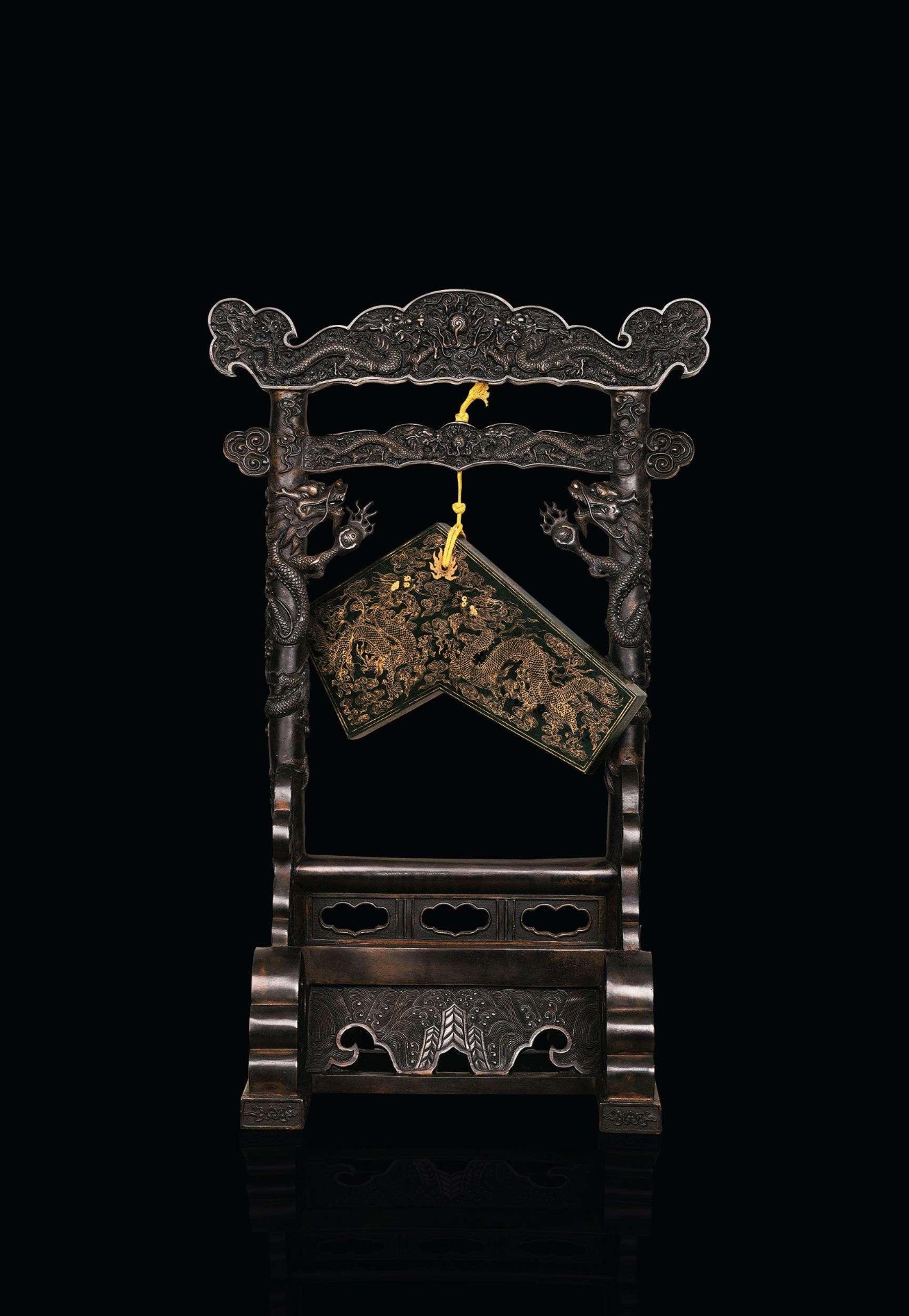How to play the chime and its uses
524 views · Organized by vespa on 2022-02-21
The chime is the oldest national musical instrument in China. It is simple in shape and exquisite in production. The history of chime is very long. In the ancient matriarchal clan society, chime was once called "stone" and "singing ball". At that time, people lived by fishing and hunting. After labor, they tapped stones and danced for entertainment in the image of various beasts. This kind of percussion stone was gradually evolved into the later percussion instrument.
The chime was first used in the music and dance activities of the Han nationality, and later used for the banquets in the halls of the emperors and upper-level rulers of the past dynasties, the sacrificial sacrifices of Zongzhou, and the performance of the bands in the ritual activities of court appointments. After the Tang and Song dynasties, new music emerged, and the chime was only used for the Yale band in sacrificial ceremonies. "Shang Shu Shun Dian" contains "strike the stone and turn the stone, and the beasts lead the dance", so that "the octave overcomes the harmony, no phase wins the relationship, and the gods and people are in harmony".
A tool used by Buddhism to call out those who have entered into meditation.
The chime was first used in the music and dance activities of the Han nationality, and later used for the banquets in the halls of the emperors and upper-level rulers of the past dynasties, the sacrificial sacrifices of Zongzhou, and the performance of the bands in the ritual activities of court appointments. After the Tang and Song dynasties, new music emerged, and the chime was only used for the Yale band in sacrificial ceremonies. "Shang Shu Shun Dian" contains "strike the stone and turn the stone, and the beasts lead the dance", so that "the octave overcomes the harmony, no phase wins the relationship, and the gods and people are in harmony".

A tool used by Buddhism to call out those who have entered into meditation.
Involving musical instruments
Qing (pinyin: qìng) is an ancient Chinese Han stone percussion instrument and ritual vessel. The chime originated from a kind of flaky stone labor tool, and its shape has changed in many ways, and the texture has also changed from the original stone to jade and copper chimes. Play the body music instrument.
 渝公网安备 50010702504639号
渝公网安备 50010702504639号